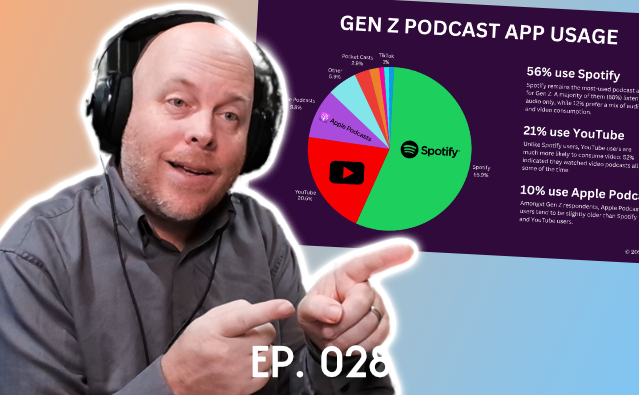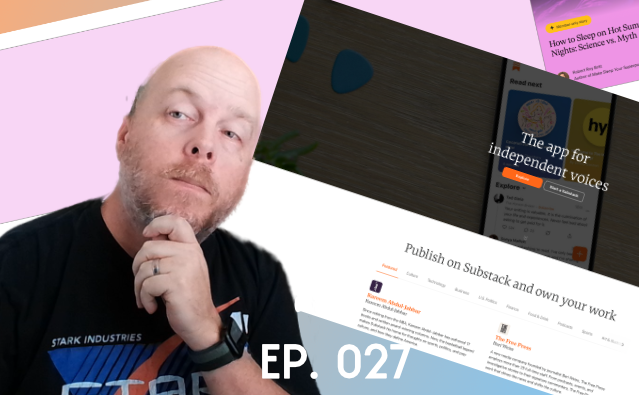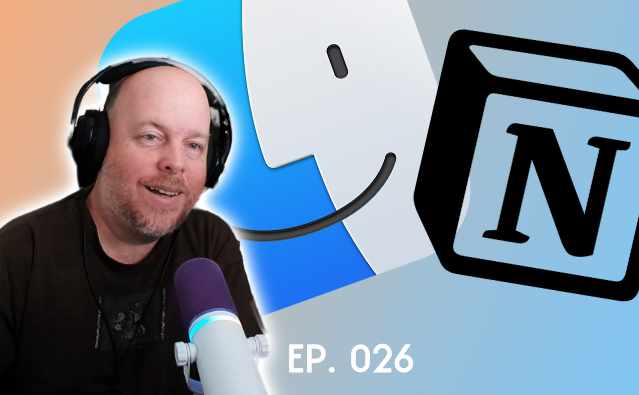The Open Source Paradox: When "Free" Communities Build Invisible Walls
Open source was meant to be for everyone, but the gatekeepers missed the memo. When newcomers face mockery for asking "simple" questions, we're not protecting Linux—we're killing it. Your technical knowledge isn't diminished when more people join the revolution.

Hey beautiful people! Josh here from Independent Creator, and I've got something that's been bugging me for a while now. Like that piece of popcorn stuck between your teeth that your tongue just can't reach – annoying, persistent, and impossible to ignore.
I'm talking about the elephant in the Linux room: elitism.
Let's set the scene. You're fed up with Windows bloat, Apple's walled garden, or Google tracking your every digital breath. You've heard about this magical world of open source – free as in freedom, built by the people, for the people. Sounds pretty revolutionary, right?
So you download your first Linux distro (probably Ubuntu or Mint if you're sensible), and things are looking good. The installation goes smoothly, the desktop appears, and you're feeling like you've just joined some elite digital resistance.
Then it happens.
You hit your first roadblock. Maybe your Wi-Fi adapter isn't working. Perhaps your favorite game won't launch. Or that Adobe program you need for work simply doesn't exist in Linux-land.
No problem! Open source has amazing communities, right? You head to a forum, Discord, or subreddit and post your question, expecting the warm embrace of fellow freedom fighters.
Instead, you get:
"RTFM."
"This is asked literally every day. Use the search function."
"Why would you even try gaming on Linux if you're not willing to troubleshoot?"
"Go back to Windows if you want everything handed to you."
And just like that, the revolution doesn't seem so welcoming anymore.
My Recent Run-in with the Linux Elitism Brigade
This isn't theoretical. Just last week, I posted about my experience trying to get a game running on Fedora 42. I mentioned that Linux gaming is "almost there" but still has some friction points compared to Windows.
You'd think I'd advocated for clubbing baby seals.
Some random account with a Tux avatar and zero profile info called me a "Microsoft shill" and accused me of "spreading FUD" (Fear, Uncertainty, and Doubt – the cardinal sin in open source circles). All because I shared my genuine experience trying to get Secret World Legends running properly.
I checked their profile and, sure enough, they spent their entire digital existence attacking anyone who dared suggest Linux wasn't perfect. The irony of wearing their "freedom" badge while trying to silence others wasn't lost on me.
Here I am, someone who runs a home server with PeerTube, Owncast, and other open source goodies. Someone who's been daily-driving Linux on my main machine for most of 2024. Someone who regularly creates content encouraging others to try open source alternatives.
And yet, I'm a "Microsoft shill" because I acknowledged that gaming on Linux sometimes requires extra effort.
The Toxic Cycle That's Killing Open Source Adoption
This pattern creates a toxic cycle:
- New user tries Linux/open source
- New user encounters inevitable friction
- New user asks for help
- New user gets berated for not already knowing everything
- New user returns to proprietary software
- Linux/open source market share remains tiny
- Elitists complain that companies don't support Linux
- Repeat
It's a self-fulfilling prophecy. The same people who scream that Adobe should port their creative suite to Linux are the ones making the community so unwelcoming that Linux market share remains too small for Adobe to care.
Let's get something straight: open source will never achieve mainstream adoption if the price of entry is being treated like an idiot for not having encyclopedic knowledge of kernel modules.
Why Does This Elitism Exist?
I've thought about this a lot, and I think it comes down to a few key factors:
1. Identity Protection
For many long-time Linux users, their technical knowledge is a core part of their identity. When Linux becomes more accessible, they feel their identity is threatened. If "anyone" can use Linux, what makes them special?
2. Trauma Bonding
Remember how hard Linux was to install in 2005? The people who survived that era bonded through shared suffering. They can't stand seeing newcomers have it "easy" because it diminishes their journey.
3. Misunderstanding Open Source Philosophy
Many have confused "freedom of software" with "software only for the free-minded elite." They've forgotten that the goal was always mass adoption and liberty from corporate control – not creating an exclusive club.
4. Fear of Change
Every influx of new users brings change. Distros become more user-friendly, GUIs replace terminal commands, and suddenly you've got Linux Mint looking suspiciously like Windows. For some, this feels like diluting the "purity" of their beloved OS.
The Sad Reality of Linux Gaming
Let's talk about gaming specifically, since that's where I see some of the worst elitism.
The reality is that Linux gaming has improved tremendously, especially since the Steam Deck launched. Proton is nothing short of wizardry, letting thousands of Windows games run on Linux with minimal fuss.
But it's not perfect. Games with kernel-level anti-cheat often don't work. Games like Fortnite, Valorant, and recently Apex Legends have explicitly blocked Linux users. Other games may run but with performance issues or visual glitches.
These are just facts. Not FUD, not Microsoft propaganda – just the current state of affairs.
The mature response would be: "Yes, we still have challenges with certain games. Here's how the community is working to solve them, and here's how you can help or work around them in the meantime."
Instead, too often the response is: "Works on my machine. You must be doing something wrong. Linux is perfect; you're the problem."
The Cost of Elitism in Real Numbers
This attitude has real consequences:
- Linux desktop market share has been stuck around 2-3% for decades
- Major software vendors still ignore Linux
- Creative professionals can't switch because their tools don't exist here
- Gaming remains a second-class experience for many titles
- Regular users think Linux is only for programmers and hackers
When Linus Torvalds created Linux, do you think his vision was "an OS used by 2% of desktop users where they can argue about systemd for eternity"? Or was it creating an alternative to proprietary systems that everyone could use?
How We Break the Cycle
If we truly want open source to succeed – to break the stranglehold of Microsoft, Apple, and Google – we need to change our approach:
1. Remember We Were All Beginners
Every Linux guru started somewhere. None of us emerged from the womb compiling kernels and writing bash scripts. Have some empathy.
2. Distinguish Between Hand-Holding and Guidance
You don't need to do everything for newcomers. But pointing them to relevant resources without condescension goes a long way. "Here's a link that might help with that issue" works better than "RTFM noob."
3. Acknowledge Imperfections
Linux and open source software aren't perfect. Admitting this doesn't make you a traitor – it makes you honest. We can love something while acknowledging its flaws.
4. Celebrate Progress, Not Purity
When a distro makes Linux more accessible, that's a win. When Android (based on Linux) becomes the world's most-used OS, that's a win. Purity tests just keep us small and irrelevant.
5. Value Different Use Cases
Not everyone uses computers the same way you do. The gamer, the office worker, the creative professional, and the software developer all have valid needs. No use case is more "worthy" than others.
The Open Future I Want to See
I dream of a world where open source is the default, not the exception. Where privacy, security, and user freedom are baked into the technology most people use daily.
But we'll never get there if we keep the gates closed.
Every time you belittle a newcomer for asking a "stupid" question, you're doing Microsoft and Apple's marketing for them. Every time you respond with "go back to Windows" instead of helpful advice, you ensure they will do exactly that.
Open source should mean open communities – open to newcomers, open to questions, open to different perspectives.
What You Can Do Today
If you're a Linux veteran, consider:
- Mentoring a newcomer
- Contributing to documentation that helps beginners
- Creating tutorials that don't assume extensive technical knowledge
- Calling out toxic behavior when you see it in communities
If you're new to Linux or open source:
- Don't let the toxic minority drive you away
- Find beginner-friendly communities (they do exist!)
- Remember that most projects welcome new users and contributors
- Share your journey to help others who come after you
Final Thoughts
The beautiful thing about open source is that it's driven by community. That means we get to decide what kind of community we want to be.
Do we want to be the gatekeepers, standing atop our mountain of technical knowledge, looking down on the uninitiated? Or do we want to be guides, walking alongside newcomers on their journey to digital freedom?
I know which world I want to live in.
Until next time, keep exploring and remember – open source is for everyone. Yes, even the person who doesn't know how to compile from source or what init system they're running.
And to the trolls with the Cheeto-dusted keyboards: your gatekeeping is the real FUD.
Later taters!
-Josh



